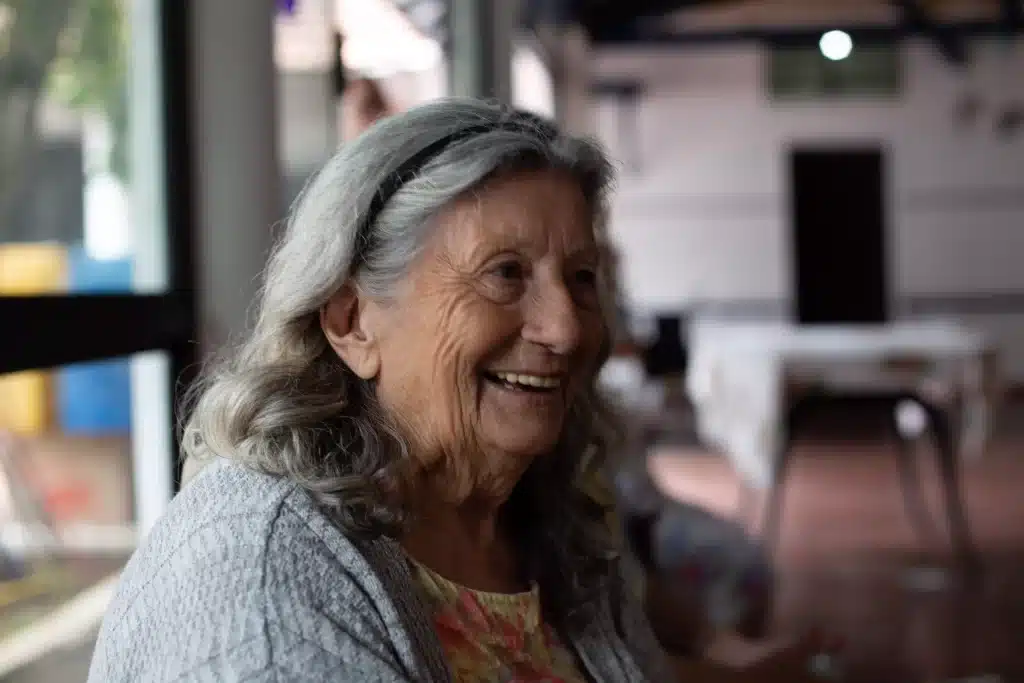What is ACAT? How do they work in Australia?
Table of Contents
ToggleIf you’re considering moving into an aged care facility in Australia, you’ll likely need to go through an ACAT assessment. ACAT stands for Aged Care Assessment Team, and they’re the group of professionals who will determine your eligibility for aged care services. The assessment involves an interview and a physical examination, and it’s used to assess your needs and determine which type of aged care facility would be the best fit for you.
Common trigger events for an ACAT assessment include broken bones, strokes, heart attacks, complications from surgery, and wandering caused by Alzheimer’s or dementia.
What is an ACAT assessment and what does it involve?
So, what exactly is an ACAT assessment? In short, it’s a way of determining an individual’s eligibility for aged care services. The assessment is conducted by a team of qualified health professionals, and it involves taking into account a range of factors including an individual’s medical history, lifestyle, and support needs. Once the assessment is complete, the team will provide a report that outlines their recommendations for aged care services. In most cases, the ACAT assessment is the first step in accessing aged care services in Australia.
Most people who have an ACAT assessment will receive some form of home care package. Home care includes support services such as transport and house cleaning, personal care such as bathing and dressing, and clinical care such as nursing.
ACAT assessments are free of charge. The assessor will visit the aged person at their home or in hospital, if they are unable to come to the assessor. The assessor will ask questions about the aged person’s needs and talk to them about their options for aged care services.
The assessor will make a report about the aged person’s needs and what services would best meet those needs. They will give this report to My Aged Care, who will then contact the aged person or their representative to discuss the report and the services that are available to them.

Who needs to have an ACAT assessment?
If you’re aged 65 or over and need help with your care, you’ll need to have an ACAT assessment. The purpose of the assessment is to work out what level of care you need. This could be:
- low level care, such as support to stay at home
- medium level care, such as help with showering, meal preparation and laundry
- high level care, such as full-time nursing care.
Your aged care worker will talk to you about your needs and ask questions about:
- your health
- your living situation
- whether you have any transport or mobility issues
- what kind of social support you have.
They’ll also talk to your doctor or other health professionals who know you well.
Based on all this information, the aged care worker will recommend the type of aged care services that would best meet your needs.
You don’t have to accept the services recommended. But if you do want to access them, you’ll need to be assessed by ACAT again before they can start. You can ask for an ACAT assessment at any time by calling My Aged Care on 1800 200 422.
How do you go about arranging an ACAT assessment?
If you’re looking to arrange an ACAT assessment, there are a few things you’ll need to do.
- First, you’ll need to navigate the aged care system. My Aged Care is the starting point for all aged care services in Australia, so you’ll need to create an account and register your interest in aged care services.
- Once you’ve done that, you’ll be able to search for aged care providers in your area.
- Once you’ve found a provider that looks like a good fit, you can contact them to arrange an assessment. The assessment itself is conducted by a team of health professionals, who will assess your needs and determine the level of care required.
- After the assessment, you’ll be given a care plan that outlines the services and support that are available to you.
So if you’re looking to arrange an ACAT assessment, those are the steps you’ll need to follow.

What are the benefits of having an ACAT assessment?
Well, for one thing, it means that you’ll get the right kind of aged care services for your needs. If you just go ahead and choose a service yourself, without getting an assessment, you might end up with something that’s not quite right for you. But more importantly, an ACAT assessment is the only way to access government-subsidised aged care services. So if you want to get some help with the costs of aged care, an ACAT assessment is essential.
All in all, then, an ACAT assessment is well worth getting if you’re aged 65 or over and you need some help at home. It’s a free service that can make sure you get the right kind of aged care for your needs, and it could save you a lot of money in the long run. So if you’re thinking about getting some help with aged care, don’t delay – contact your local ACAT assessor today.
How long does the ACAT assessment process take?
The process for an ACAT assessment can vary in length depending on a number of factors. Generally, the assessment will take around 2-3 hours to complete. However, if the aged care facility is large or complex, or if the resident has a number of health conditions that need to be taken into account, the assessment may take longer. The important thing is that the assessor takes the time to understand the needs of the resident and provides a comprehensive report.
The time to get an outcome for an assessment varies. Generally, assessment for entry into residential aged care is much faster than home care packages based on out recent client experiences and comments about the process. We understand that turnaround times are longer than usual at the moment.
What happens after the ACAT assessment is complete?
Once the ACAT assessment is complete, aged care services will be recommended to the individual. Aged care services can include home care, residential aged care, or respite care. Home care services are designed to help people live independently in their own homes. These services can include personal care, domestic assistance, social support, and transport. Residential aged care is for people who can no longer live at home and need 24-hour nursing care and support. Respite care provide short-term relief for informal caregivers. ACAT assessors will work with the individual and their family to determine the best aged care option.
An ACAT assessment is an important step in determining what kind of aged care services and support you or your loved one may be eligible for. Aged Care Financial Advisers can help you navigate the often complex process of understanding the financial aspects of aged care. Get in contact as soon as possible after arranging an ACAT assessment and understanding the outcome. We are ready to answer any of your questions and help you make the best decisions for your unique circumstances. Give us a call today to learn more about how we can help you.










